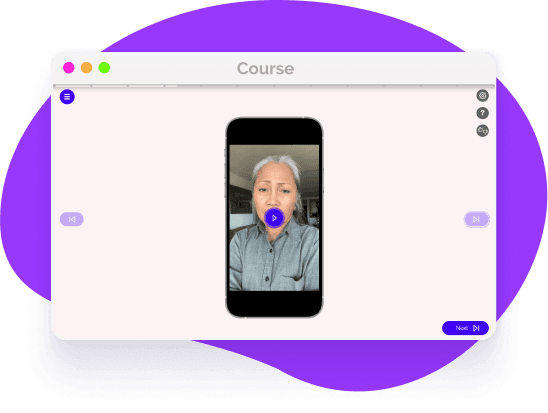Cultural Competency at work
Cultural competency at work is based on the idea that all employees should be respected, appreciated, and included regardless of their cultural backgrounds. In order to ensure this, there are several foundational components that need to be in place.

Understanding Cultural Differences in the Workplace
Understanding cultural differences in the workplace is essential for successful and productive teams. It is important to recognize the unique cultural backgrounds of each employee, as well as their individual values, beliefs, and customs. This can be done through regular communication, open dialogue, and a willingness to explore different ideas and perspectives.

Cultural competency best practices in the workplace emphasize the importance of recognizing and respecting cultural differences in the workplace. These best practices can help employers create an inclusive and welcoming workplace environment for employees of all backgrounds and help foster a productive and successful workplace.
Encourage employees to celebrate their unique backgrounds and cultures. This can include hosting events that honor different cultures, such as a potluck lunch with dishes from multiple cultures or a cultural night featuring music, art, and clothing from diverse backgrounds. The company can also implement flexible policies for employees who observe different religious holidays, such as allowing them to take off work for religious observances or providing accommodations for prayer or special diets.
When recruiting and retaining diverse talent, employers should ensure that their recruitment process is fair and equitable. This can include implementing a transparent hiring process with clear criteria for evaluating candidates, providing equal access to job postings and training, and ensuring that job postings are not biased.
A cultural competency policy should include a clear definition of what cultural competency means and expectations for how employees should demonstrate it. The policy should emphasize respect for all cultures, backgrounds, and beliefs, while also acknowledging and celebrating diversity. It should also address specific behaviors that are unacceptable, such as discrimination or harassment.
Myths surrounding Cultural Competency in the workplace
Cultural competency in the workplace has become increasingly important in recent years, as companies and organizations strive to create diverse and inclusive environments. Unfortunately, there are many misconceptions and myths surrounding cultural competency that can lead to misunderstandings and ineffective approaches
Here are some myths to look out for:
- -
Only relevant to larger companies and organizations.
- -
Only about race and ethnicity.
- -
Does not require any training.
- -
Expensive and difficult to implement.

Improve your cross-cultural communication with EasyLlama
EasyLlama's cultural competency training is designed to help improve cross-cultural communication. It helps individuals, organizations, and teams to become better at understanding and appreciating diverse cultural practices and perspectives. The training focuses on developing cultural awareness, gaining knowledge about cultural differences, and understanding how to effectively communicate with people from different backgrounds.

Helping over 8,000+ organizations create a safer, more inclusive company culture
The online training course from EasyLlama gives learners a fresh perspective on how they view and treat others and can encourage them to embrace and appreciate the diversity of their workplace. The course covers:
































